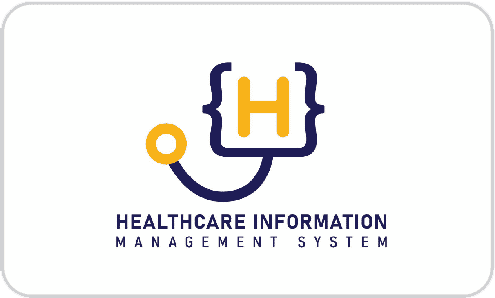ECRD conducts HIV Awareness, Teenage Pregnancy webinar
Ms. Maria Theresa Amper and Engr. Wilfred Clark Sevilla
USTP CDO Extension and Community Relations Division
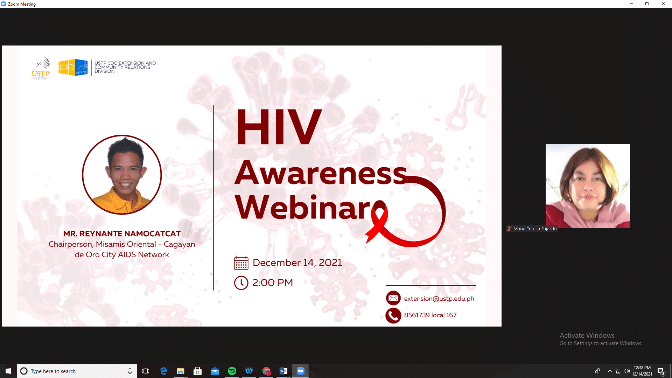
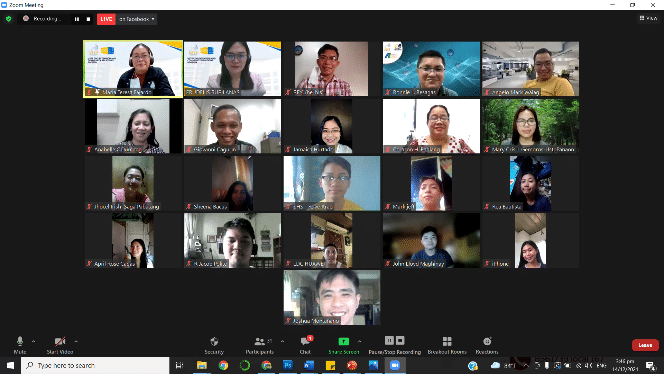
The Extension and Community Relations Division of the University of Science and Technology of the Southern Philippines (USTP) in Cagayan de Oro City conducted a webinar about HIV Awareness and Teenage Pregnancy in observance of HIV Awareness Month last December 14, 2021, via Zoom. It was also live-streamed on the USTP Gender and Development Facebook Page.
The resource speaker for the Webinar about HIV Awareness was Mr. Reynante Namocatcat, the Chairperson of Misamis Oriental- Cagayan de Oro City, AIDS Network.
He started the webinar with brief questions and answers about STI, HIV, and AIDS to warm up the webinar. Then, he tackled STI, HIV, and AIDS, how you can get it, its symptoms, the different types of infections, and how to prevent them.
Mr. Namocatcat shared what a Sexually Transmitted Infection (STI) is with the participants. It is an infection that can spread from one person to another, usually transferred through sexual contact. According to him, the symptoms of STI are pain when urinating, severe itchiness, yellowish/ abnormal discharge, ulcerations, and abdominal pain.
HIV stands for Human Immuno-deficiency Virus that attacks cells that help the body fight infection. As a result, it will make a person more vulnerable to other conditions and diseases. Most people who get HIV get it through anal or vaginal sex, sharing needles, syringes, or other drug-injection equipment.
When the body’s immune system is badly damaged because of the virus, AIDS comes in. It is the late stage of HIV infection, especially when not treated immediately.
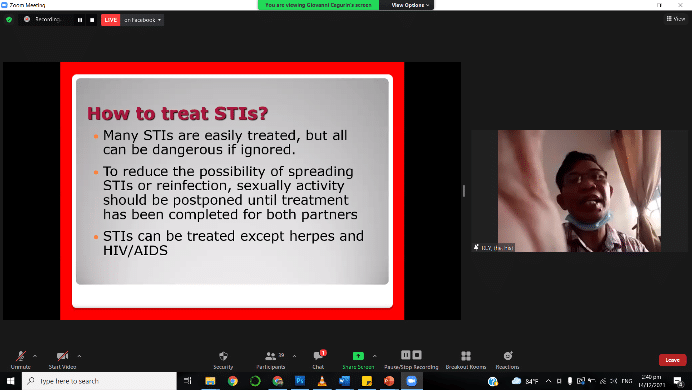
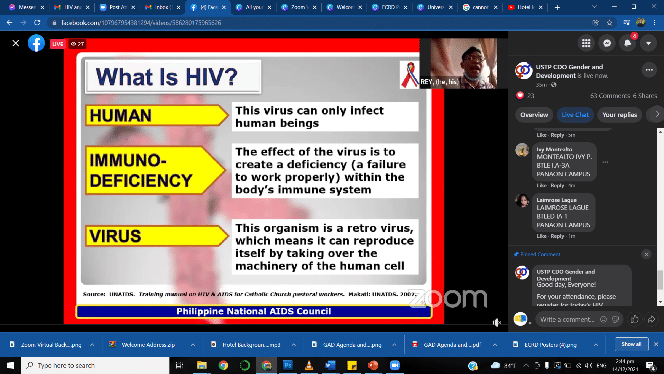
Mr. Reynantre Namocatcat discussed STI and HIV.
Mr. Namocatcat shared an ABCDE method to prevent getting infections and viruses. These are the following: Abstinence, do not have sex; Be monogamous and have only one sexual partner; Correct and Consistent use of condoms and safer sex practices; Do not inject drugs; and Education and Early detection. When in doubt, whether you’re positive or not, get tested through HIV antibody testing to make sure and to get treated early when you have it.







